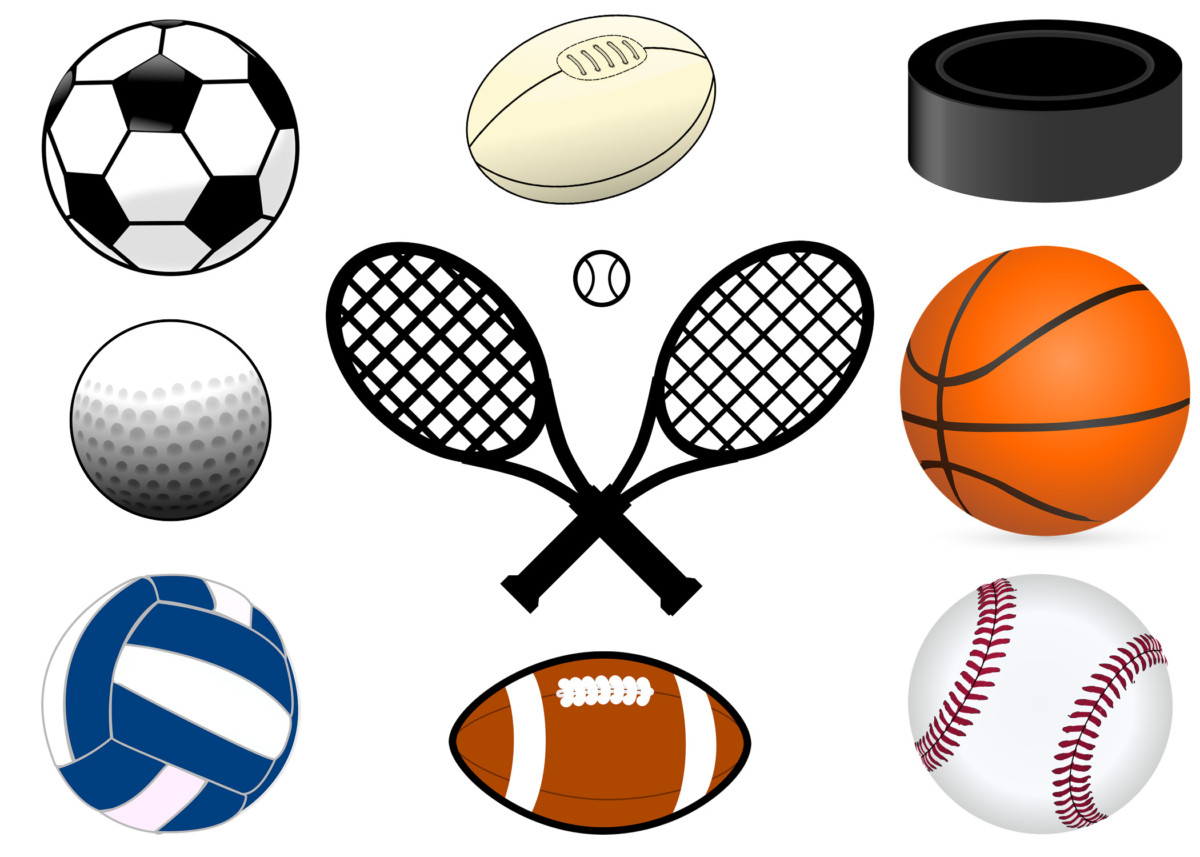Like most sports, hockey is filled to the brim with tension and intensity. When tensions boil over, intensity can turn to fists. But after the game, you still have to shake hands with the player you fought.
Now that’s no longer the case.
In the beginning of February, Hockey New Brunswick, the provincial governing body of any ice hockey team with players up to the age of 20, introduced a new rule to move handshakes to the start of games due to postgame incidents.
This year alone, there have been 107 suspensions due to incidents taking place with less than two minutes of play left. There have been 25 for incidents taking place after the final whistle. It’ll solve the initial problem, but it might also create new ones.
No accountability
Minor hockey isn’t just about training the next generation of players. It’s about teaching kids life skills. Teamwork, work ethic and respect are key lessons for both hockey and life.
Some parents believe their kid is the next Wayne Gretzky and some coaches want to win at any cost. Both are examples of the toxic behaviour seen in minor hockey.
If you teach kids winning is priority and not the sportsmanship that comes with the handshake, they’ll think none of their poor behaviour matters as long as they win. A cross-check to the back, a stick to the face, who cares as long as you win that peewee hockey game.
You shake hands out of respect for the game and for each other.
But for some players, they’ll remember a cheap shot or a bad call. The handshakes can be the spot to get even.
If you want to take away the post-game handshakes, you may as well just throw sportsmanship out the window.
A solution
Moving handshakes to the start of the games aren’t a terrible idea. It gives a chance for kids to be good sports and teaches them other players are people too.
Where Hockey New Brunswick went wrong was the idea they have to have just one handshake. By having a pre-game and post-game handshake, there’s more emphasis of sportsmanship and kids can learn accountability and respect all at once.
Kids make mistakes, but it’s the adults’ job to show them why.

